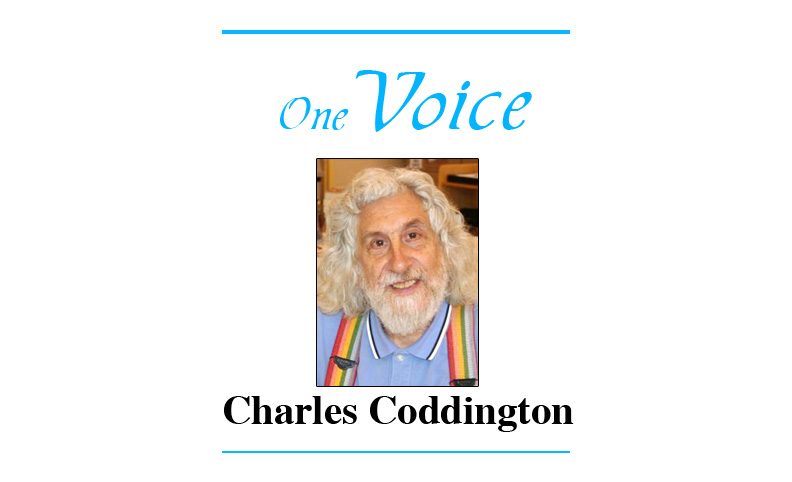
First of all, The Chas is against war of any sort. If a dispute arises between people or nations, a peaceful discussion of the issues involved and a negotiated settlement is called for.
Sadly, however, too many people/nations either have no desire to negotiate or will negotiate only if concessions are made. The latter approach is designed to stretch out the process long enough so that one party grows weary and agrees to whatever it can get. The specter of war is always in the background, no matter which approach is taken.
War has broken out again in Palestine between the state of Israel and the anti-Israeli group Hamas, and there are many casualties on both sides. World leaders, politicians of all stripes, and concerned private organizations are shedding a torrent of crocodile tears over the loss of life on the Israeli side. Cries of “I stand with Israel” dominate the news media. No one seems to want to stand with Palestine. Once again, the words of the philosopher, George Santayana, come back to haunt us: “Those who cannot remember history are doomed to repeat it.”
The Chas remembers history – everybody’s history. He makes it his business to remember history, because history teaches us lessons that we need to learn and ignore at our peril. The history in question here is that of Palestine.
For the past 75 years, the Palestinians have lived under apartheid conditions, similar to those which had taken place in South Africa. Their homes were bulldozed and their crops were plowed under in order to make room for more Jewish immigrants. Thousands of Palestinians were forced to live in make-shift refugee camps – refugee camps in their own country, can you believe it, dear reader? Those who did not retreat to the camps were forced to live in ghettoes. Their schools and their businesses were shuttered, to be replaced by Israeli schools and businesses. Palestinians’ movements were strictly regulated, especially if they found work in Israel; a wall was constructed to limit the number of entry points.
Guerrilla warfare punctuated this entire time period as a means of protest against Israel’s heavy-handed treatment. Two major organizations arose: the Palestinian Authority (formerly the Palestine Liberation Organization) in the north and Hamas in the south. Each had its own methodology, but both were ineffective in changing Israeli minds. If anything, the Israelis dug their heels in deeper. Eventually, the P.A. was persuaded by the United States to negotiate with Israel. It was an exercise in futility. The Israelis demanded concessions before they would negotiate, concessions the Palestinians found onerous, and so the process dragged on and on. The Israelis were not interested in negotiations; they agreed to the process only to keep American dollars flowing in.
The Israelis’ real goal was to remove all of the Palestinians from Palestine in order to make room for more Jewish immigrants. To this end, they sought to pit the P.A. and Hamas against each other in the hope that they would destroy each other. Paradoxically, the Israelis propped up Hamas to further this policy; Gaza became the recipient of economic aid and fewer restrictions on Palestinian movement. When the Israeli citizenry, and the West, learned of this beneficial treatment, their protests caused the government to rescind the policy. Hamas reverted to form.
To be sure, Hamas has not helped its cause any by the recent October 7 attack, and it must face up to the destruction it has caused. Still, history has demonstrated that desperate people do desperate things and that one man’s “terrorist” is another man’s “patriot.” (During the British mandate, the authorities labeled the Jewish “freedom fighters” as “terrorists.” Sauce for the goose, and all that, don’t you know?)
So, dear reader, who stands with Palestine? Who rejects the anti-Palestinian propaganda spewed by those who can’t remember history? The Chas does, not because Palestinians are better than Israelis, but because they have gotten a raw deal for the past 75 years and because, apparently, he understands history better than most Americans.
In a future essay, I will explain why creating the state of Israel was a colossal mistake.
Just a thought.

